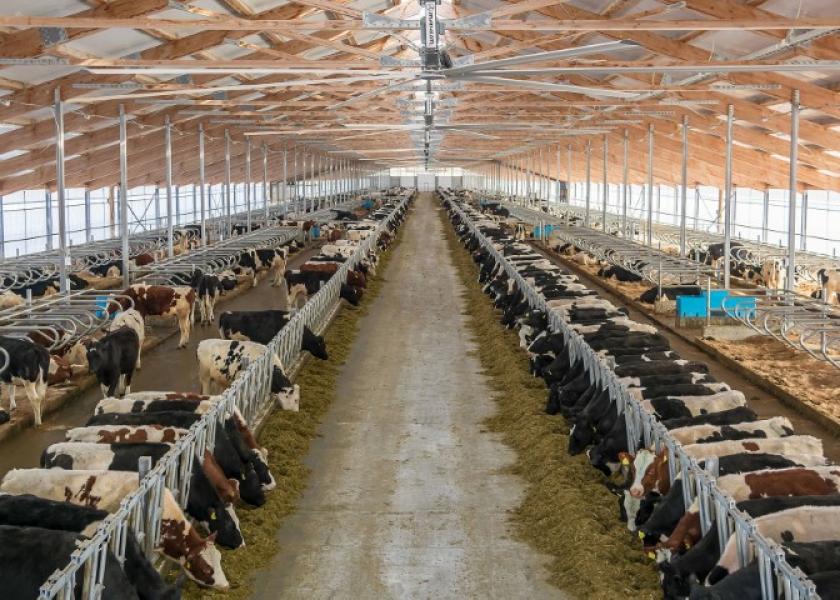Danone Sends 5,000 Cows to Siberia in Quest for Cheaper Milk

President Vladimir Putin’s ban on European Union cheese imports has driven up milk prices in Russia by so much that French yogurt maker Danone is transporting almost 5,000 cows to a farm in Siberia to ensure it has an affordable supply.
The Holstein cows are traveling as many as 2,800 miles (4,500 kilometers) in trucks from the Netherlands and Germany, boosting the herd on a farm near the city of Tyumen, according to Charlie Cappetti, head of Danone’s Russian unit. That should protect the company from the increase in raw milk prices, which are up 14 percent this year, he said.
“Milk prices have been going up steadily,” Cappetti said in an interview in Moscow. “That puts products such as yogurt under pressure.”
While the French dairy company doesn’t normally invest in agriculture, it made an exception for Russia. After Putin’s ban on dairy imports took hold in 2014, demand for milk surged as local cheesemakers rushed to replace French camembert and Italian pecorino. That has exacerbated the inflationary effects of the ruble’s weakness.
Danone invested in the 60-hectare (150-acre) farm with local producer Damate, Cappetti said. The first cows started to provide milk for Danone in May, and a final shipment of cattle is due to arrive in September.
“We hope that Russian milk inflation will slow down next year,” the executive said. The difference between supply and demand is narrowing as new milk is coming to the market, including from the Siberian farm.
While easing milk inflation may help the Russian dairy market rebound in volume terms, Danone isn’t expecting a fast economic recovery in the country, according to Cappetti. Sales in Russia have been growing in line with inflation in the first half and should rise in 2018, he said.







